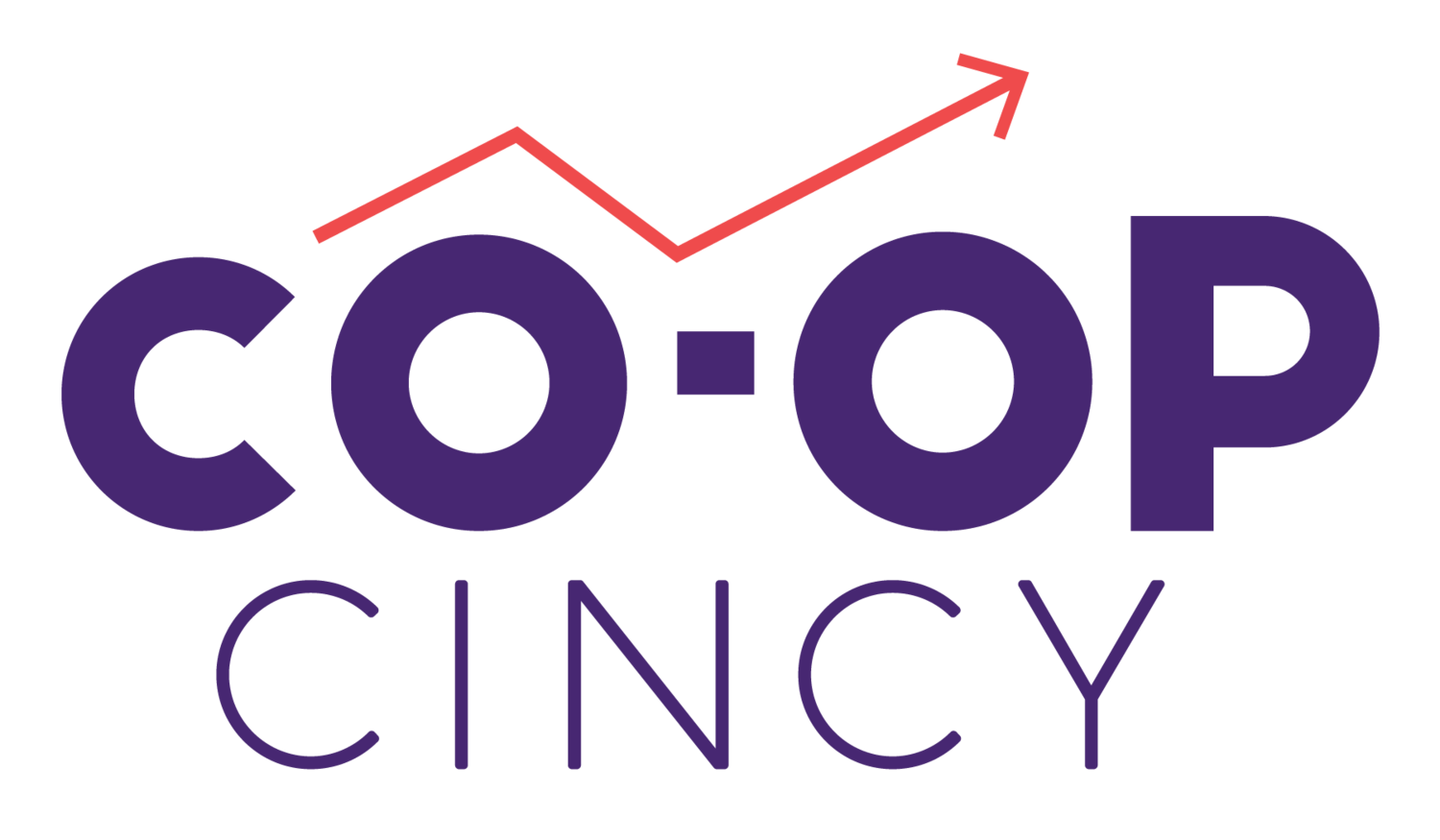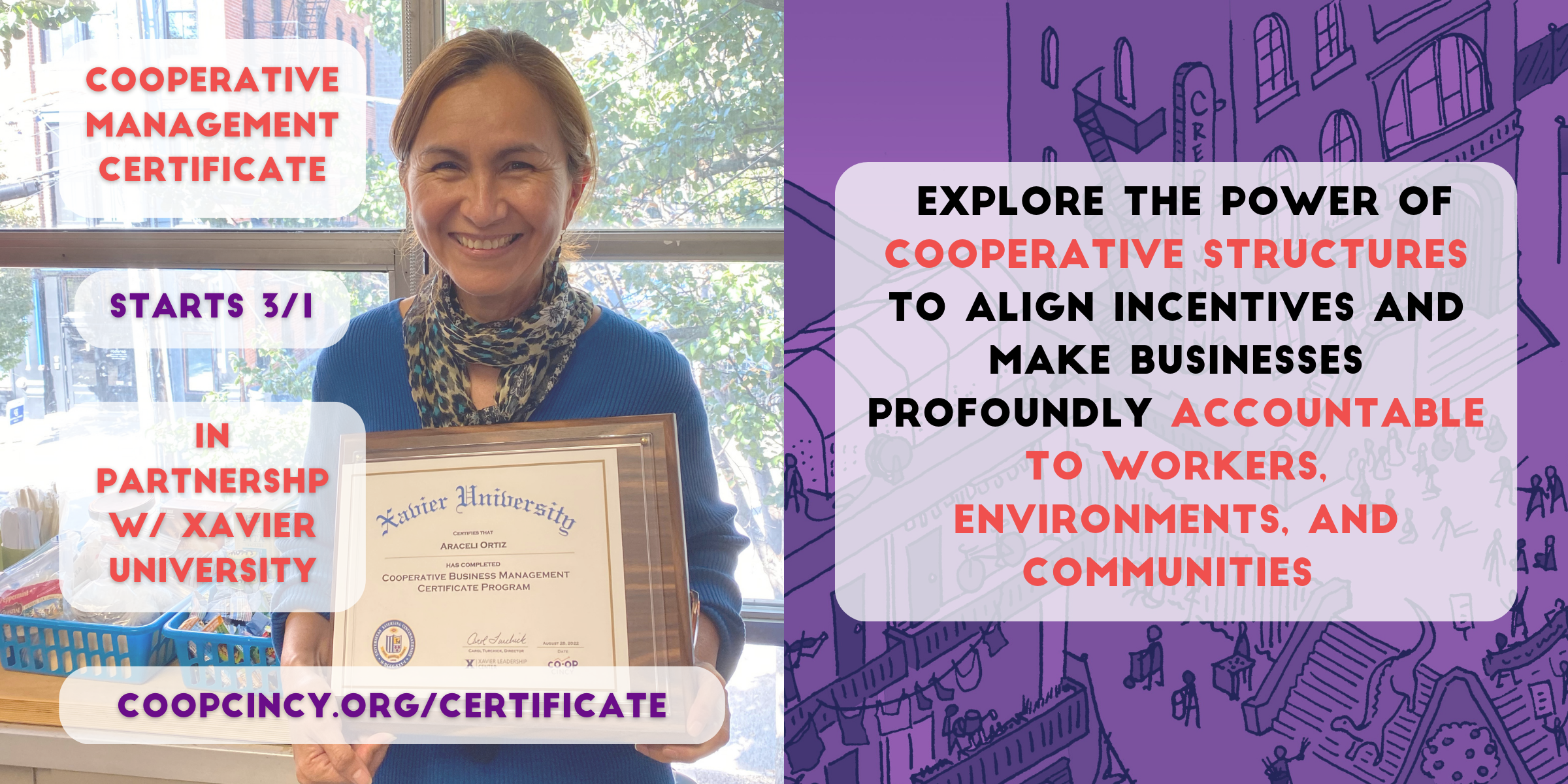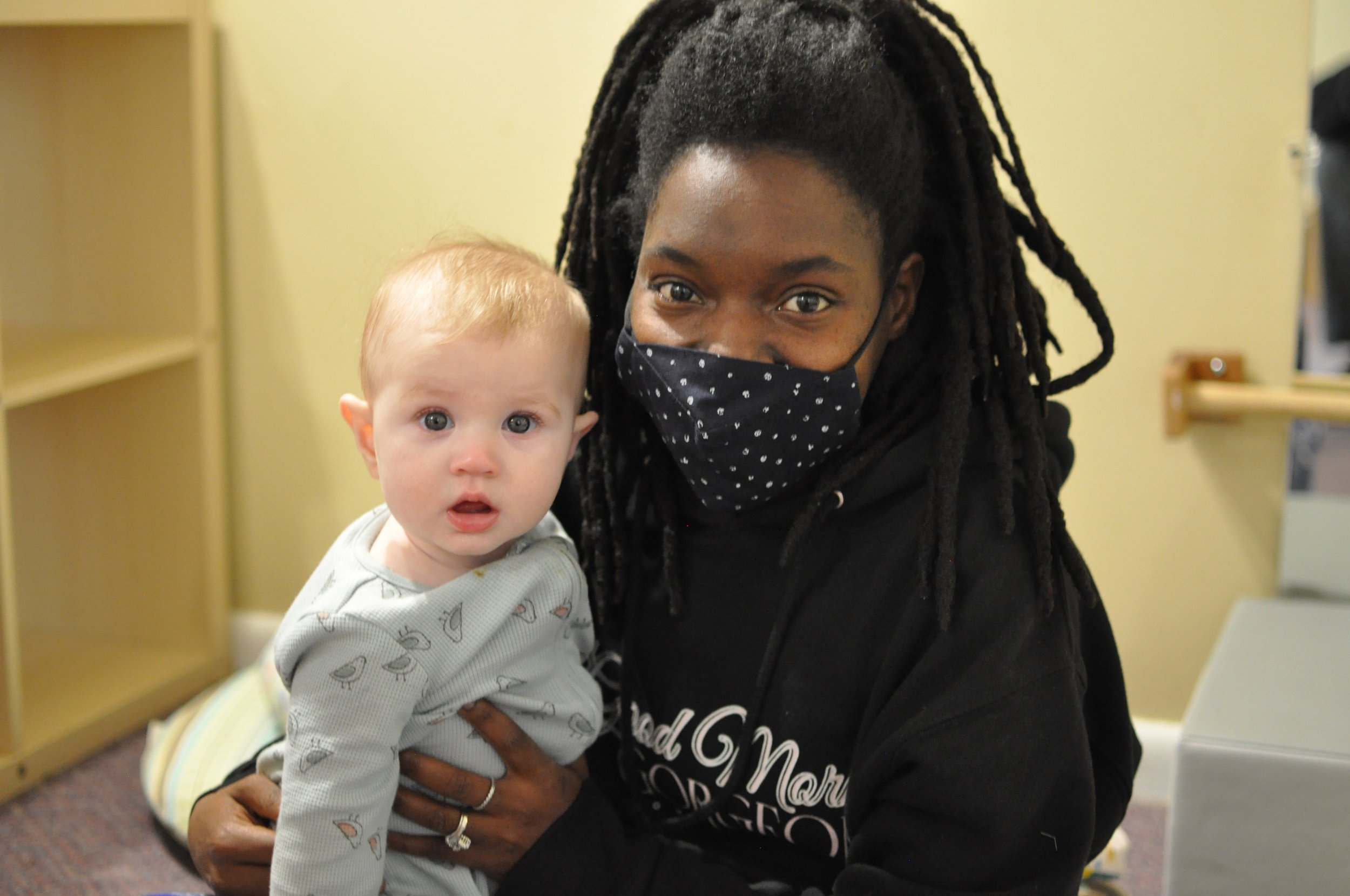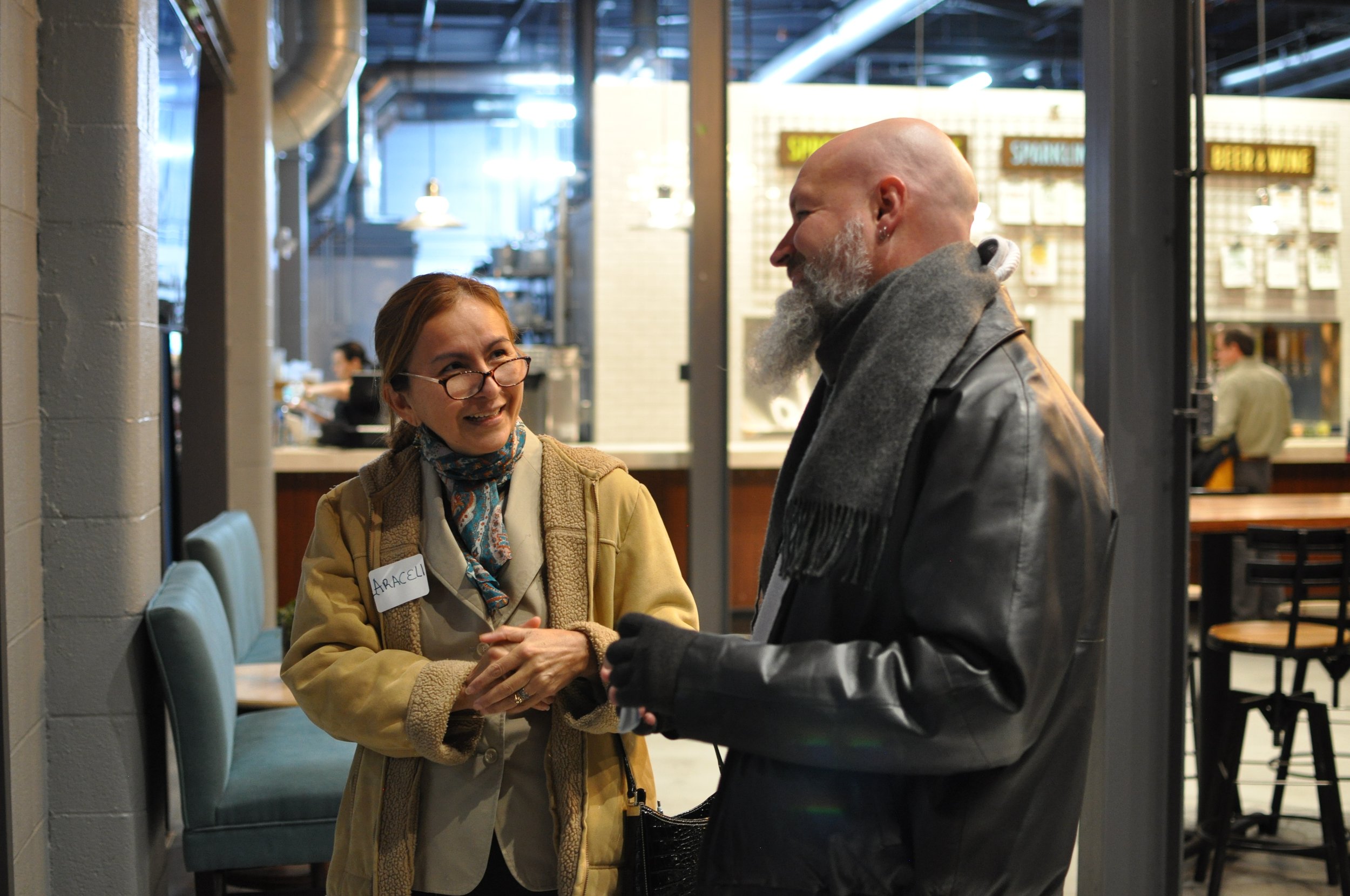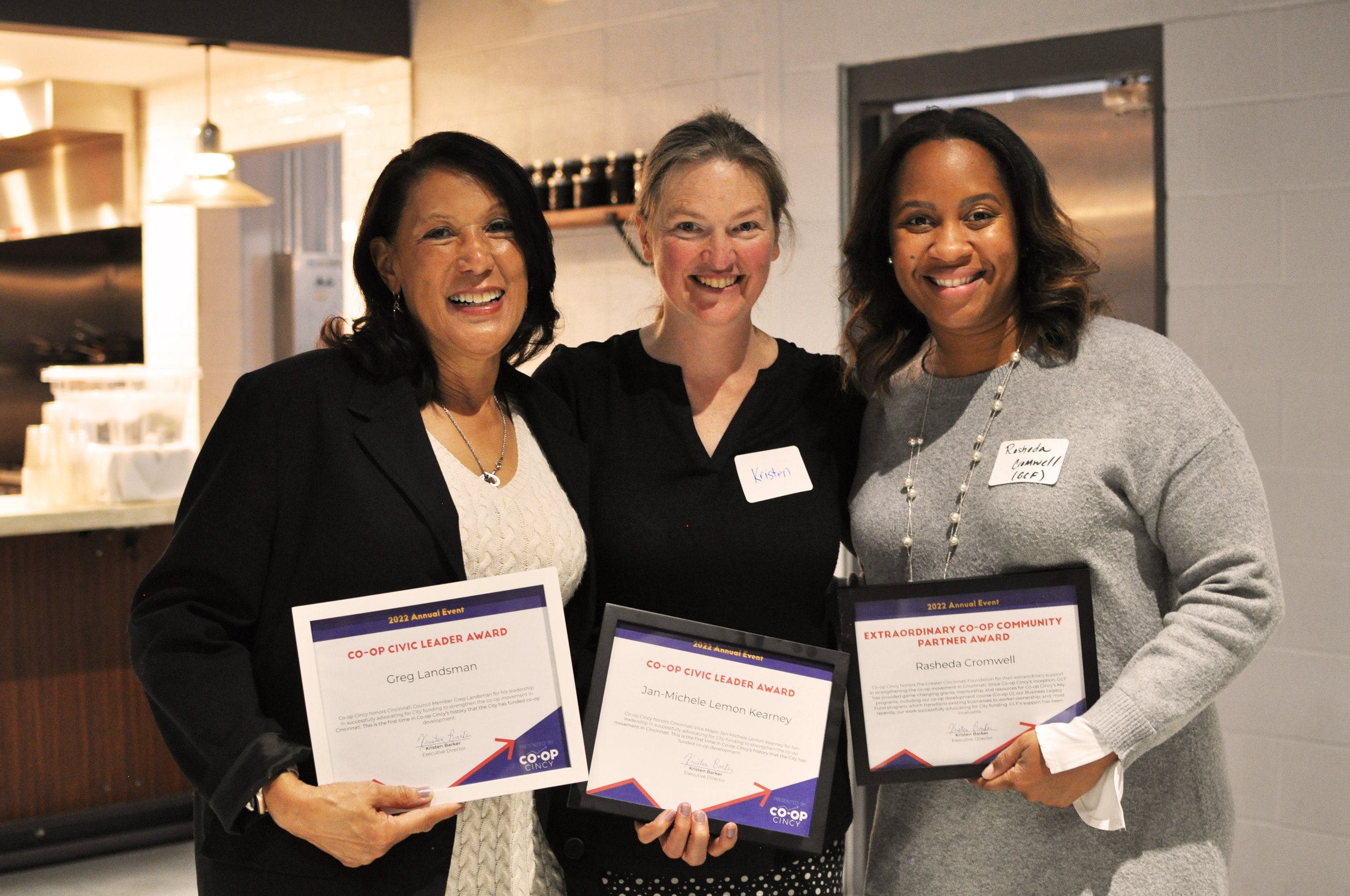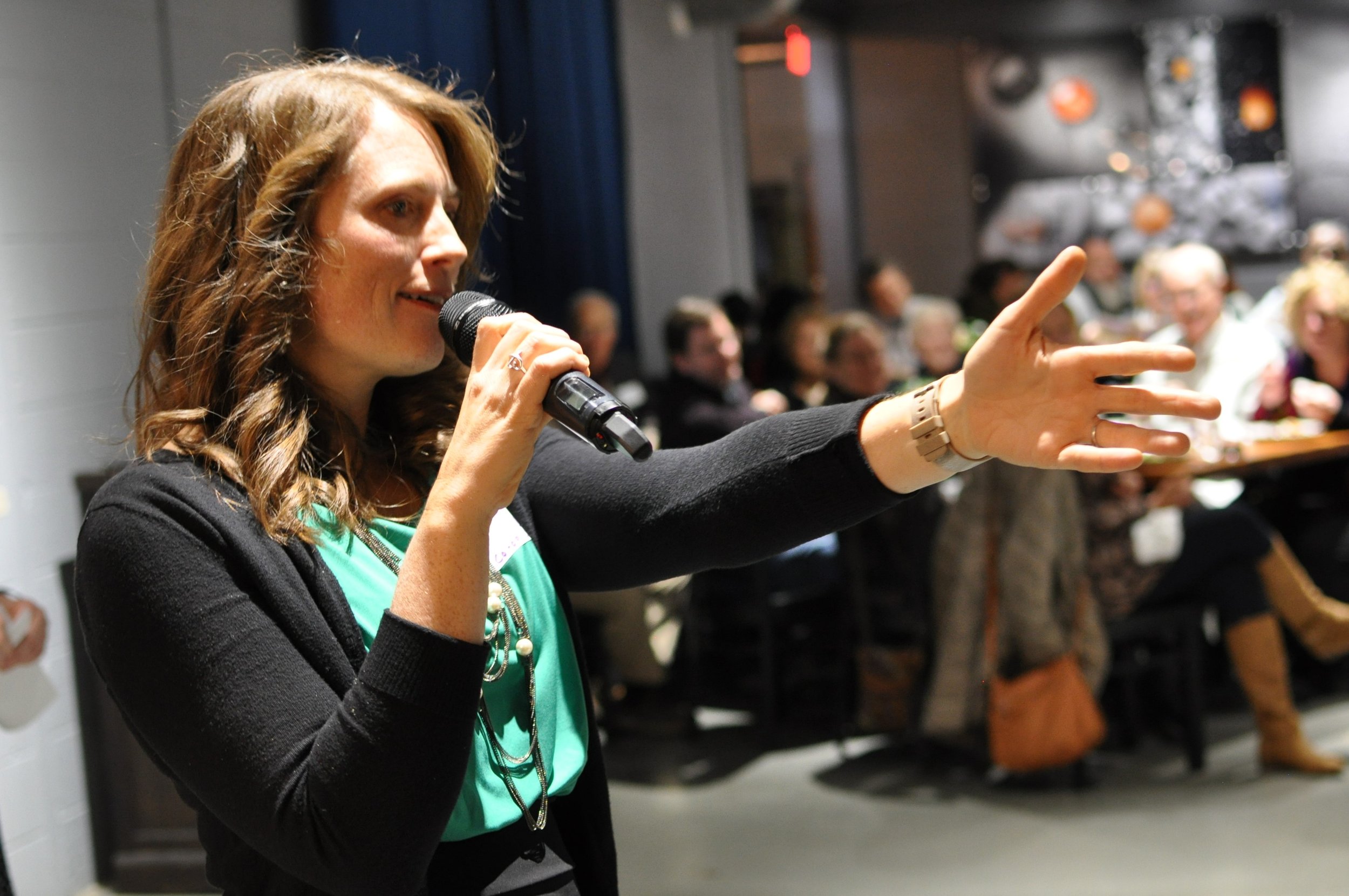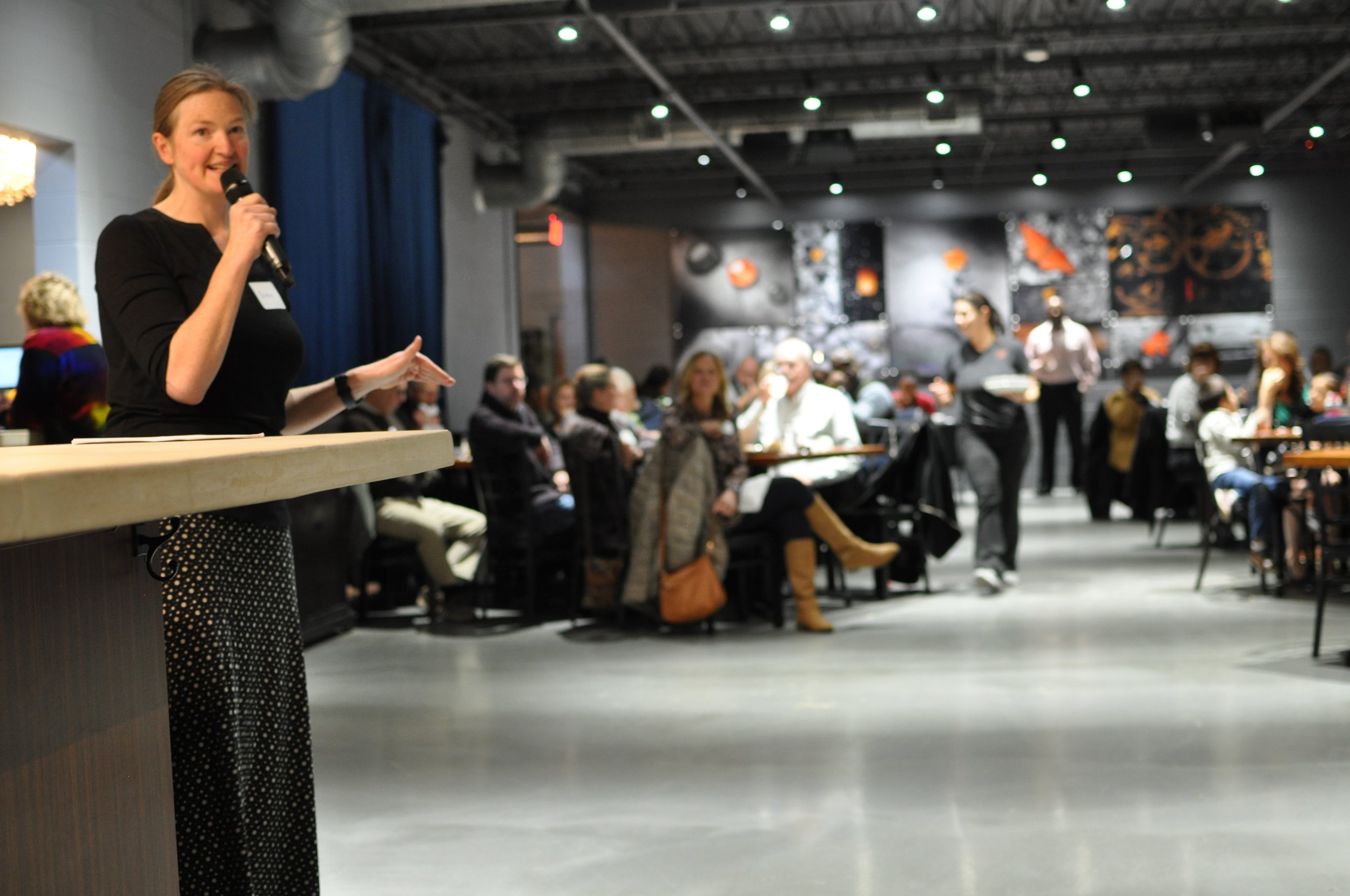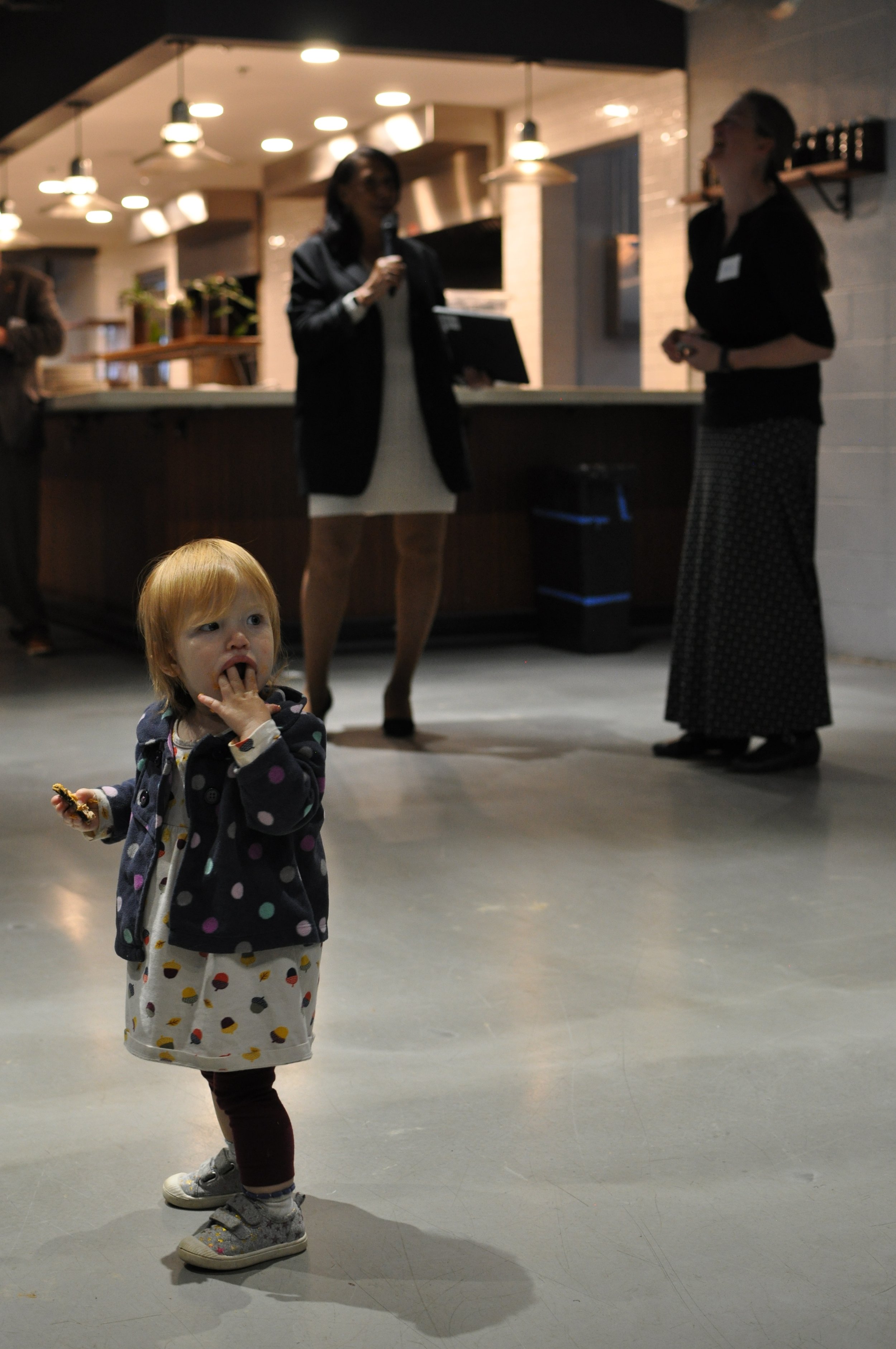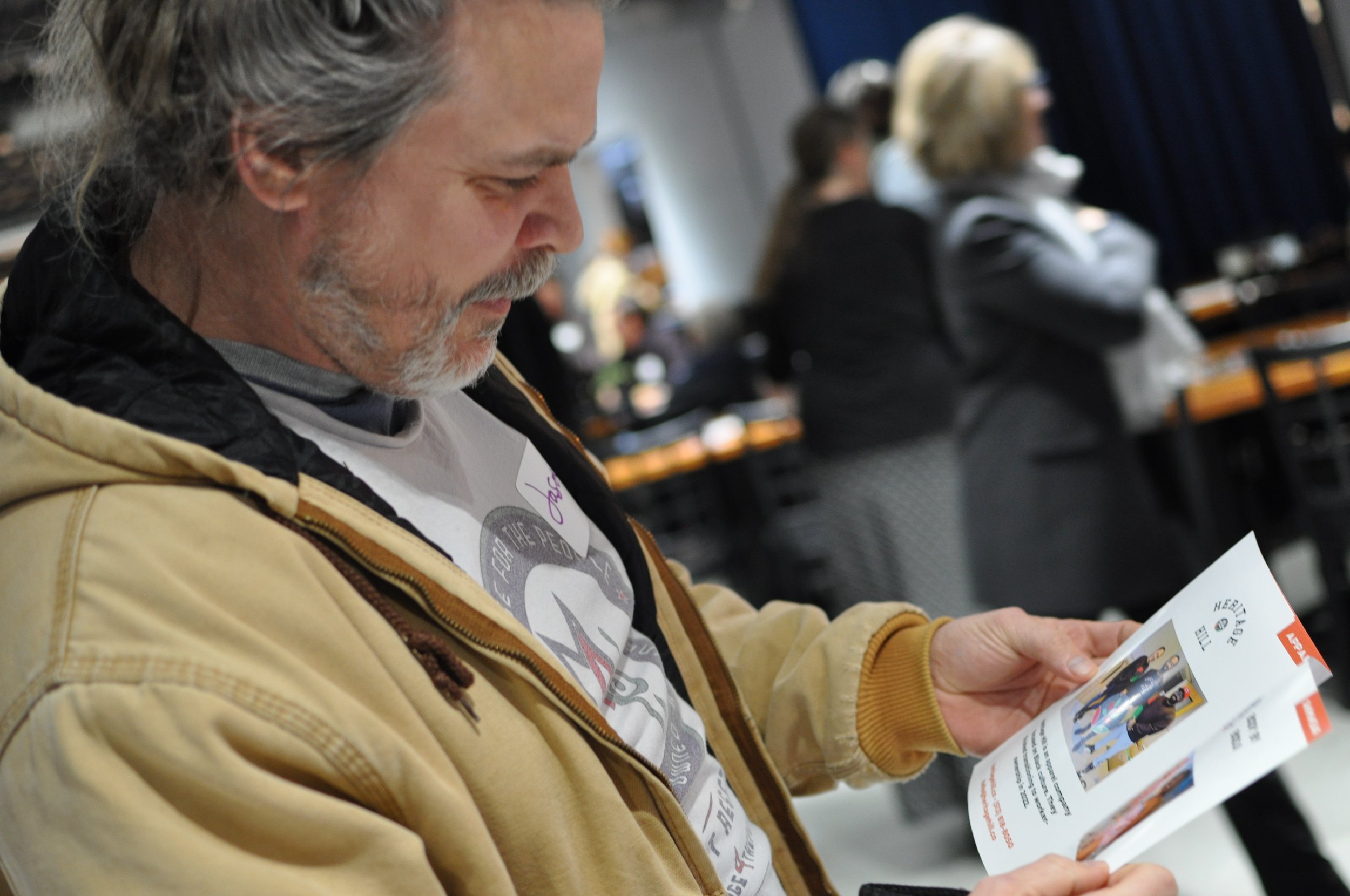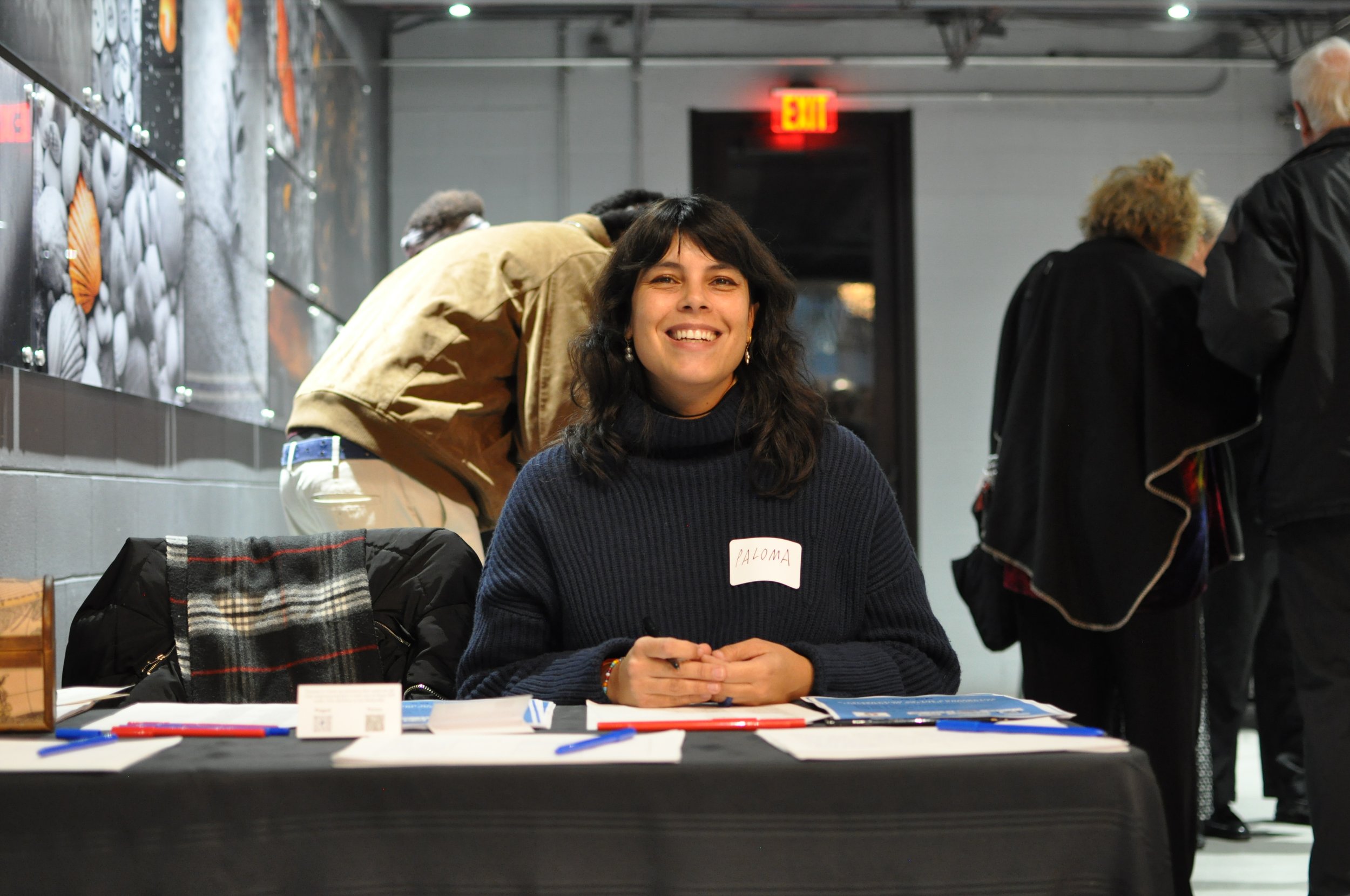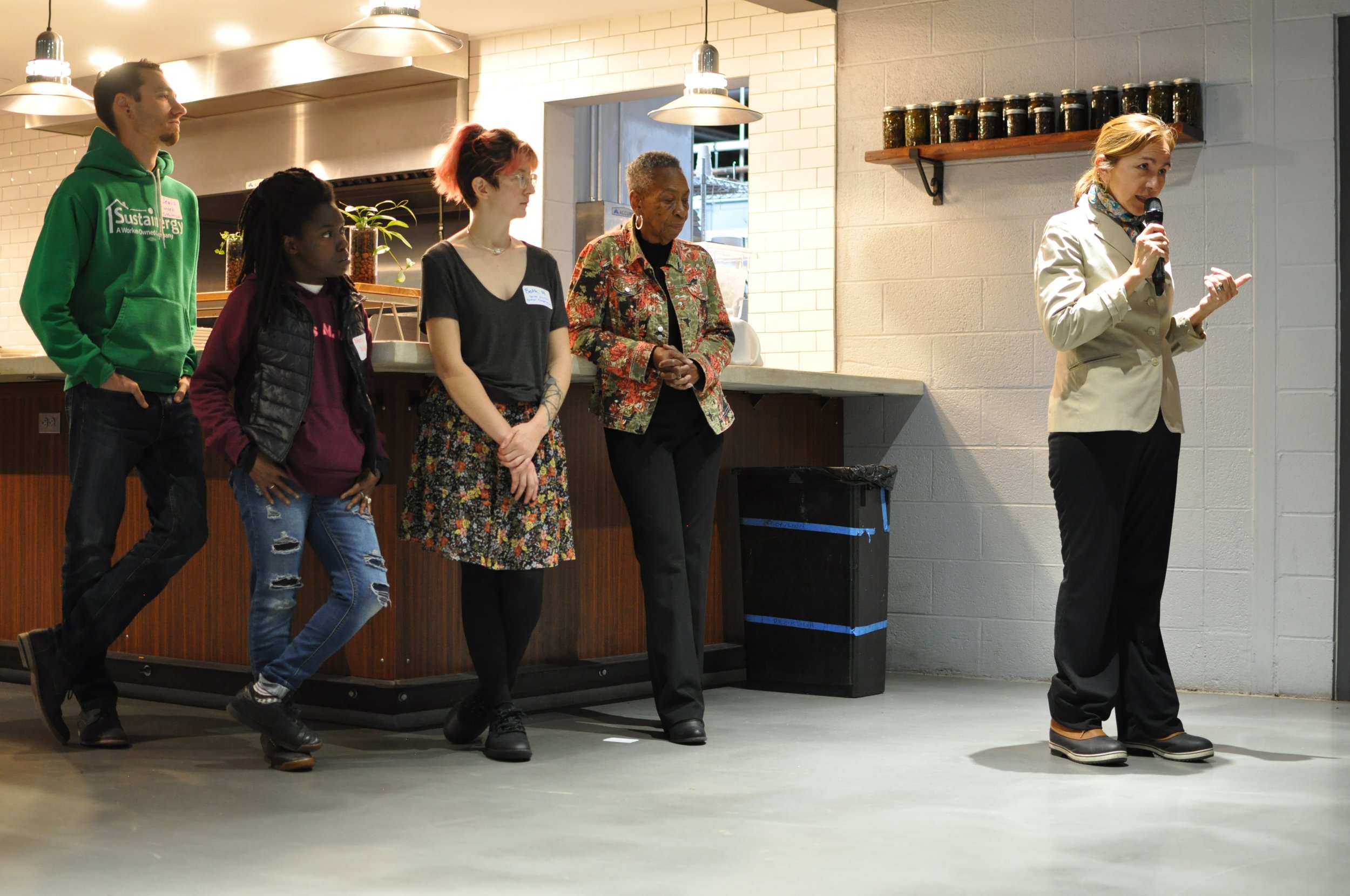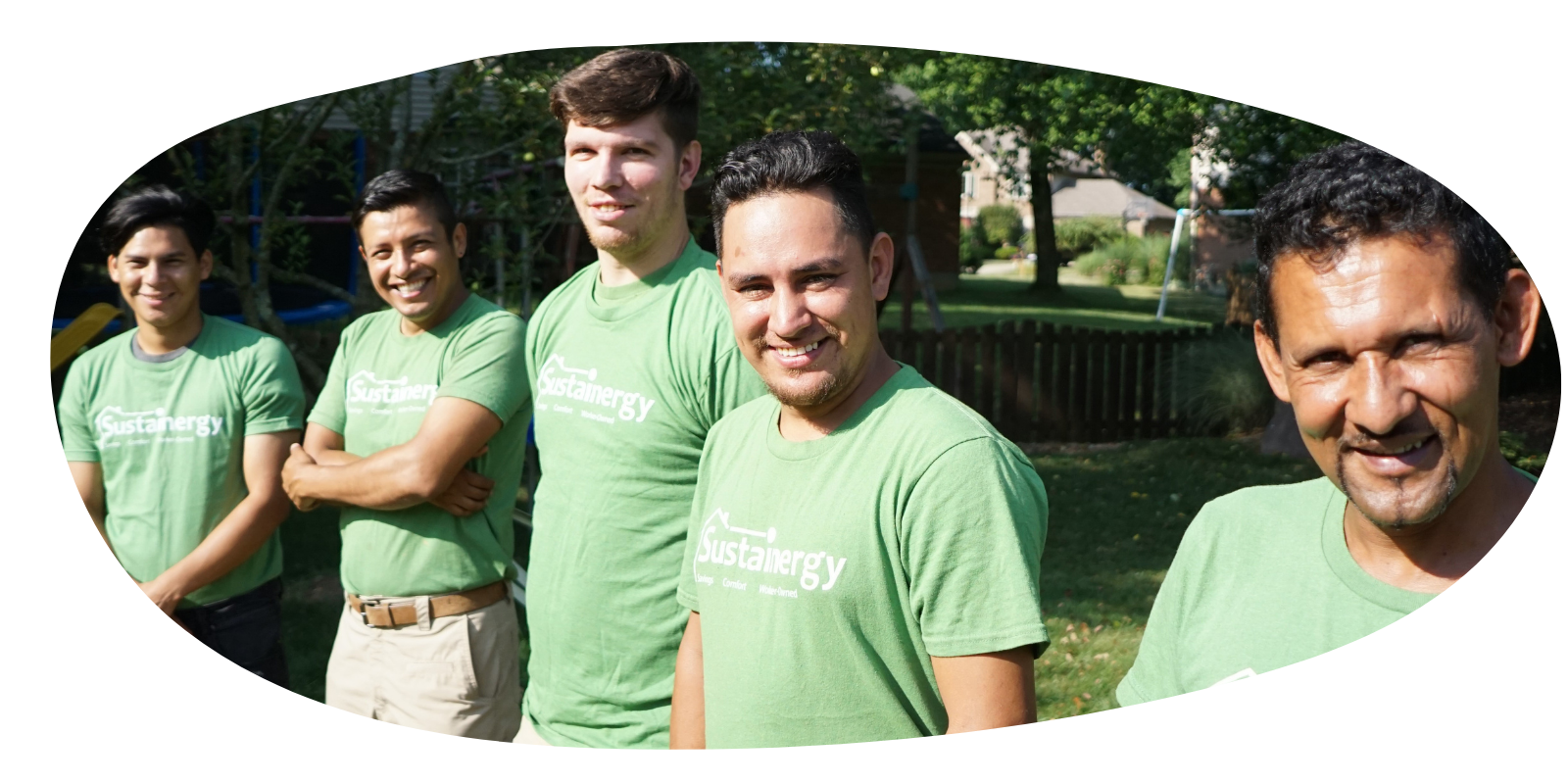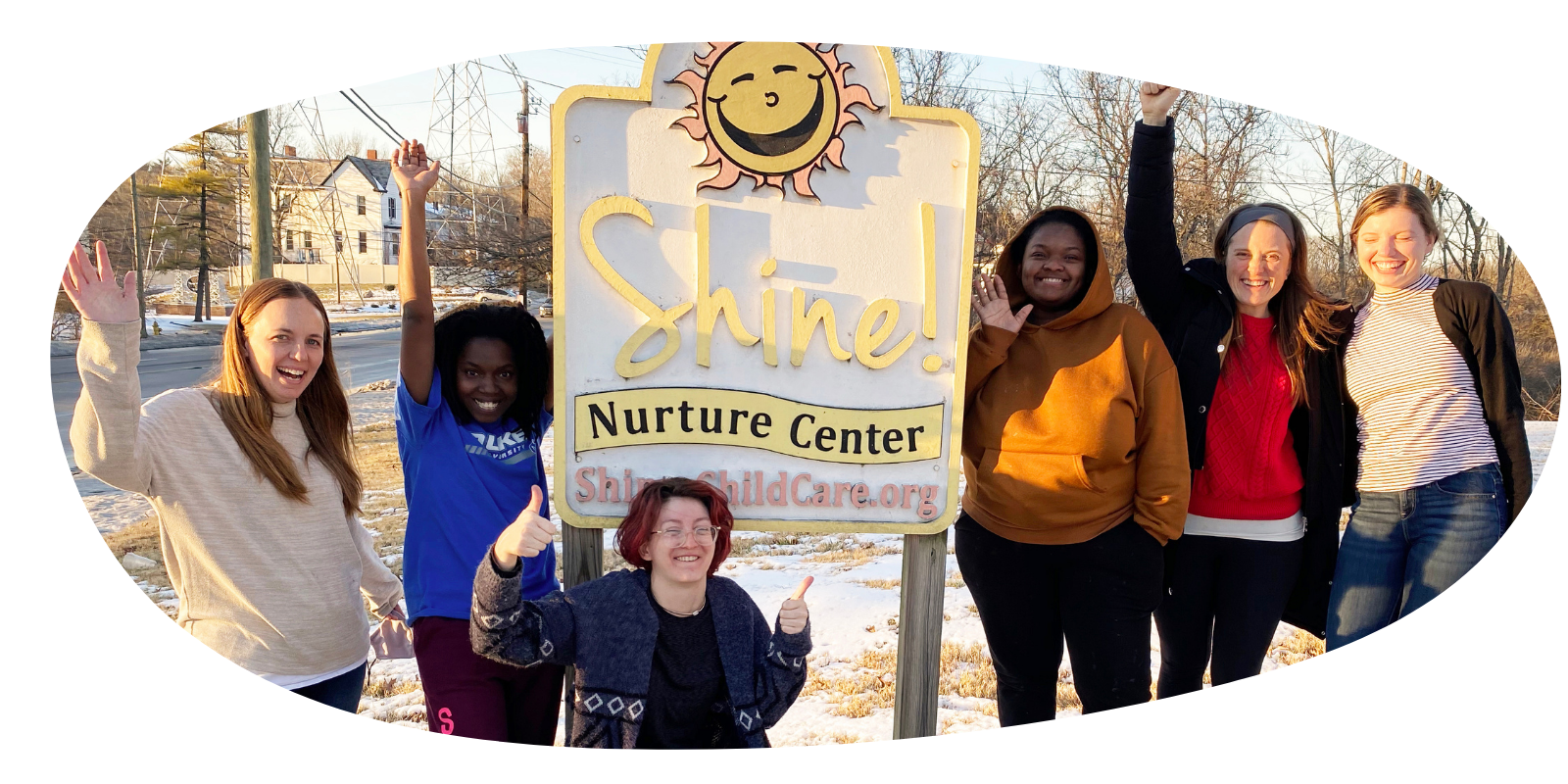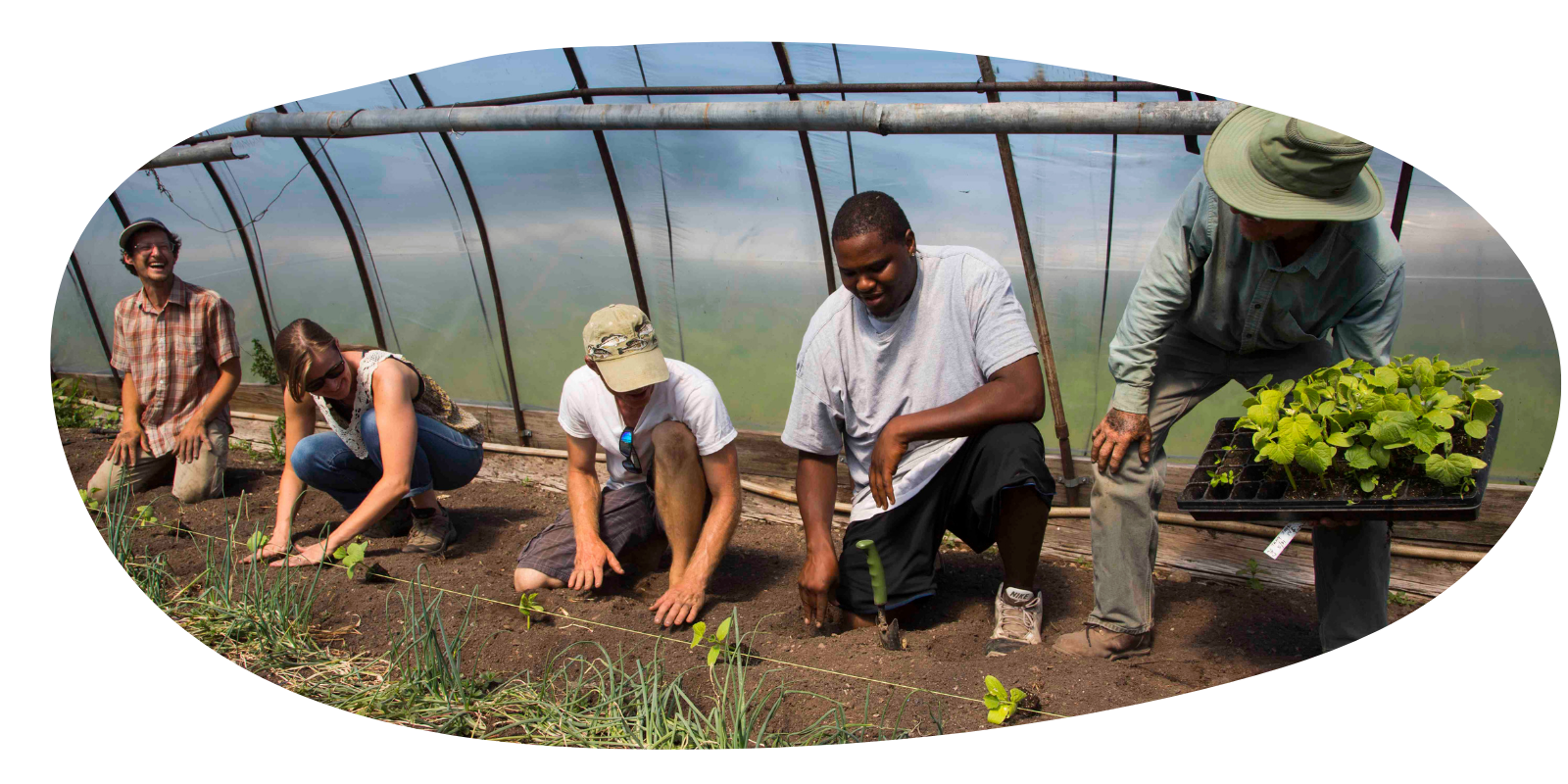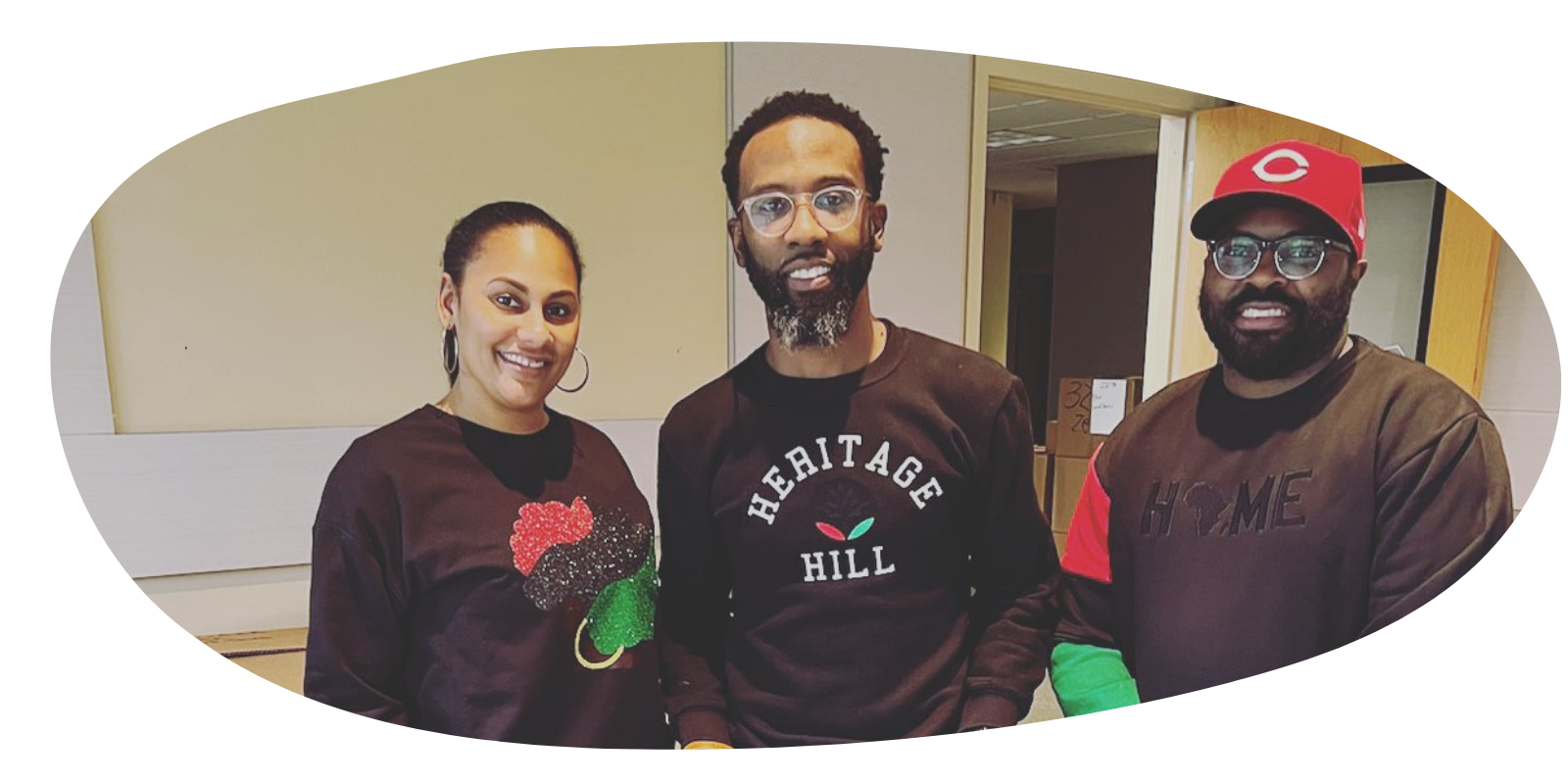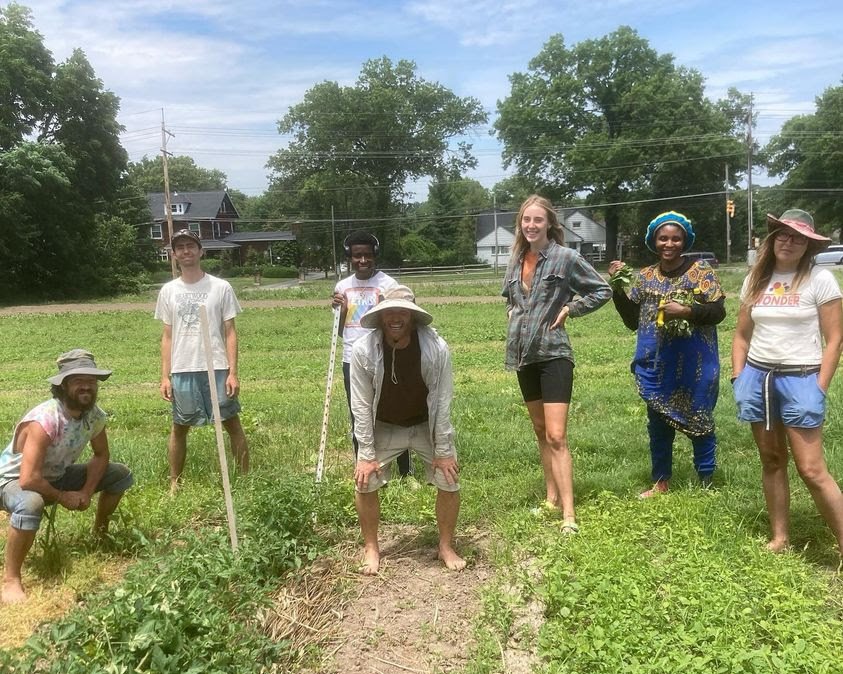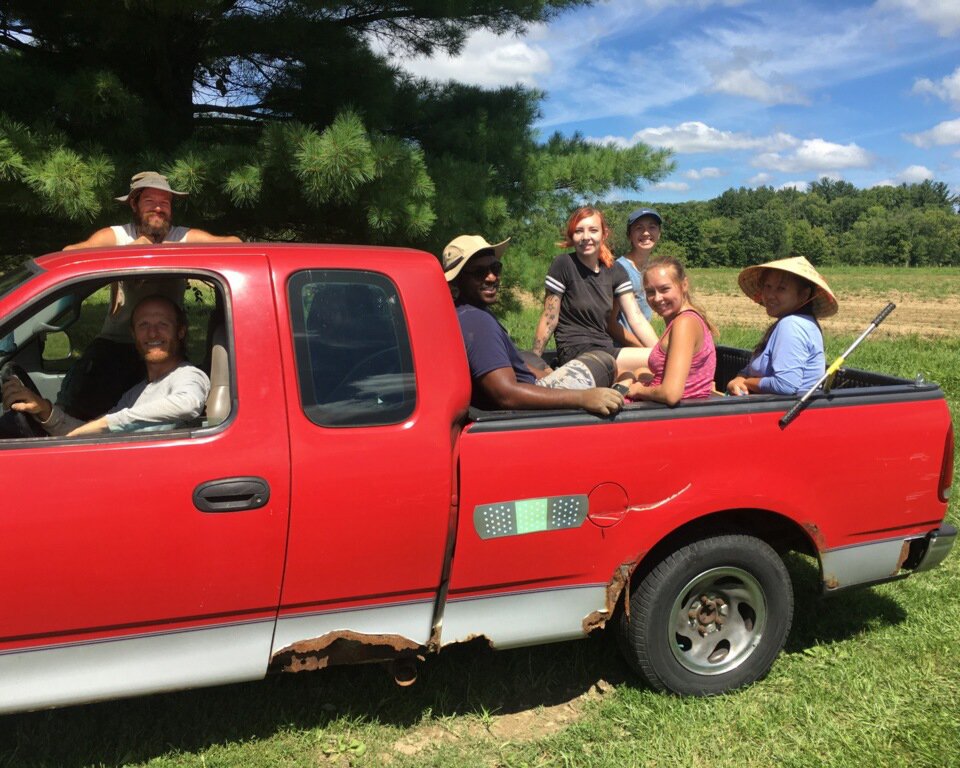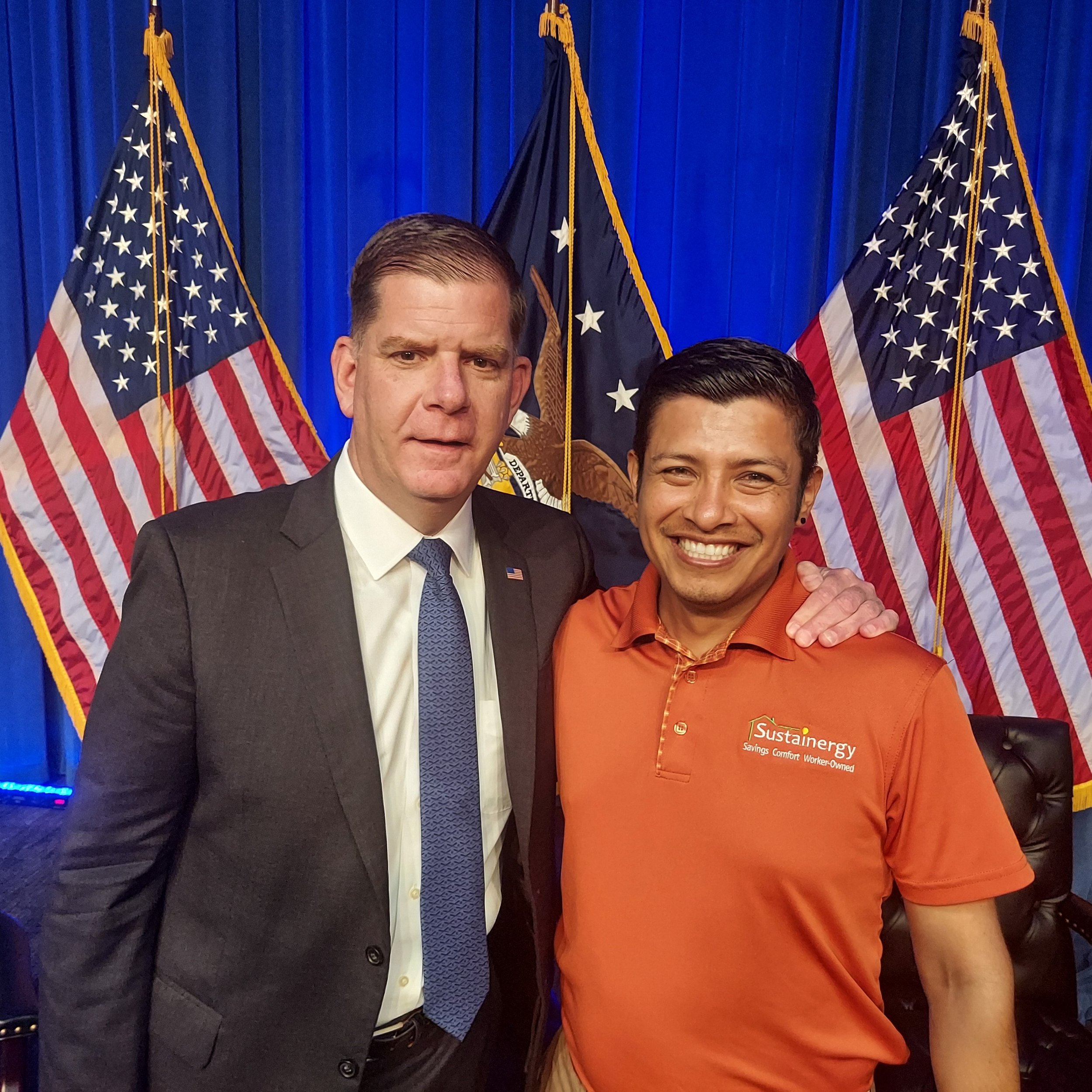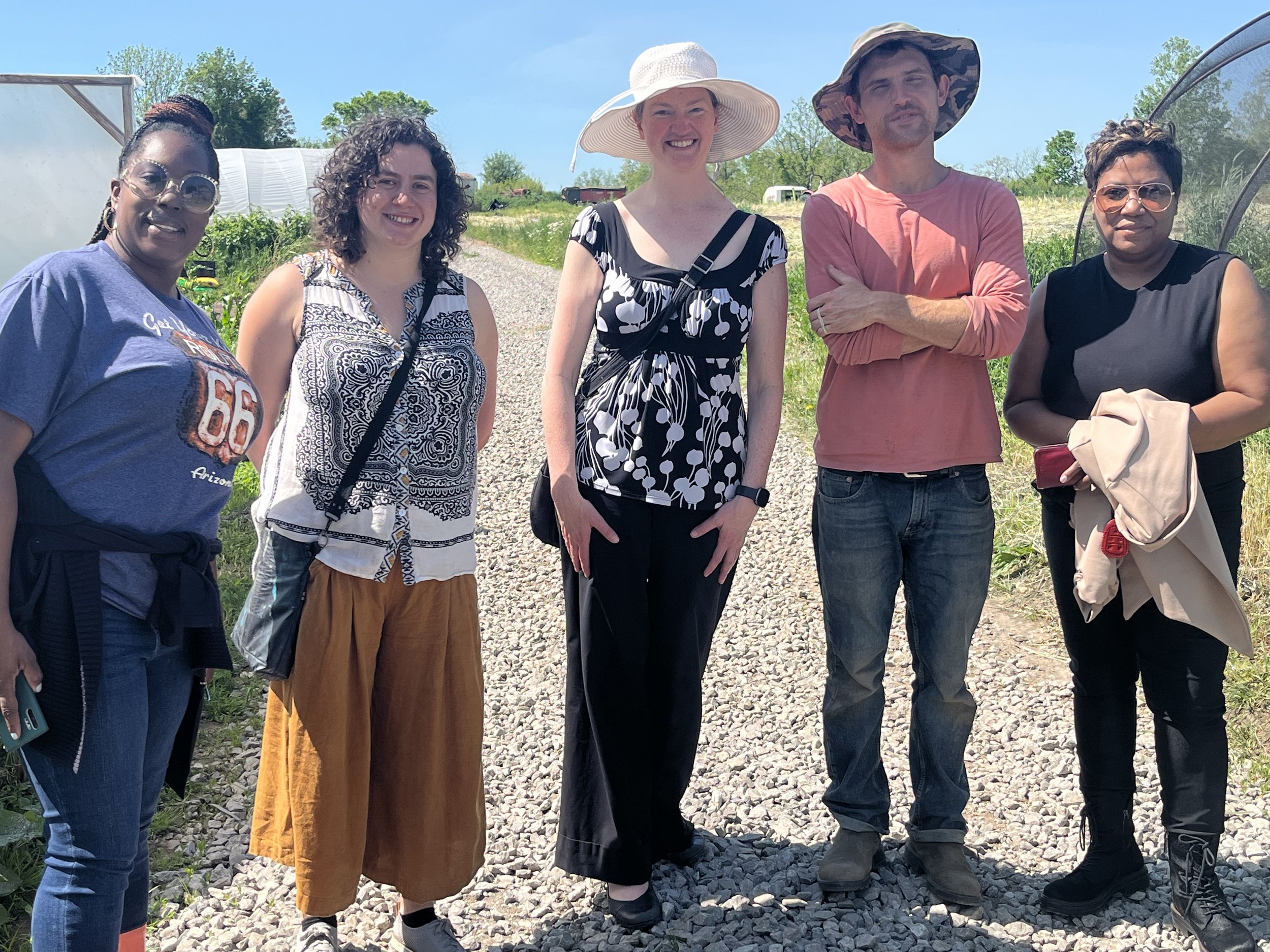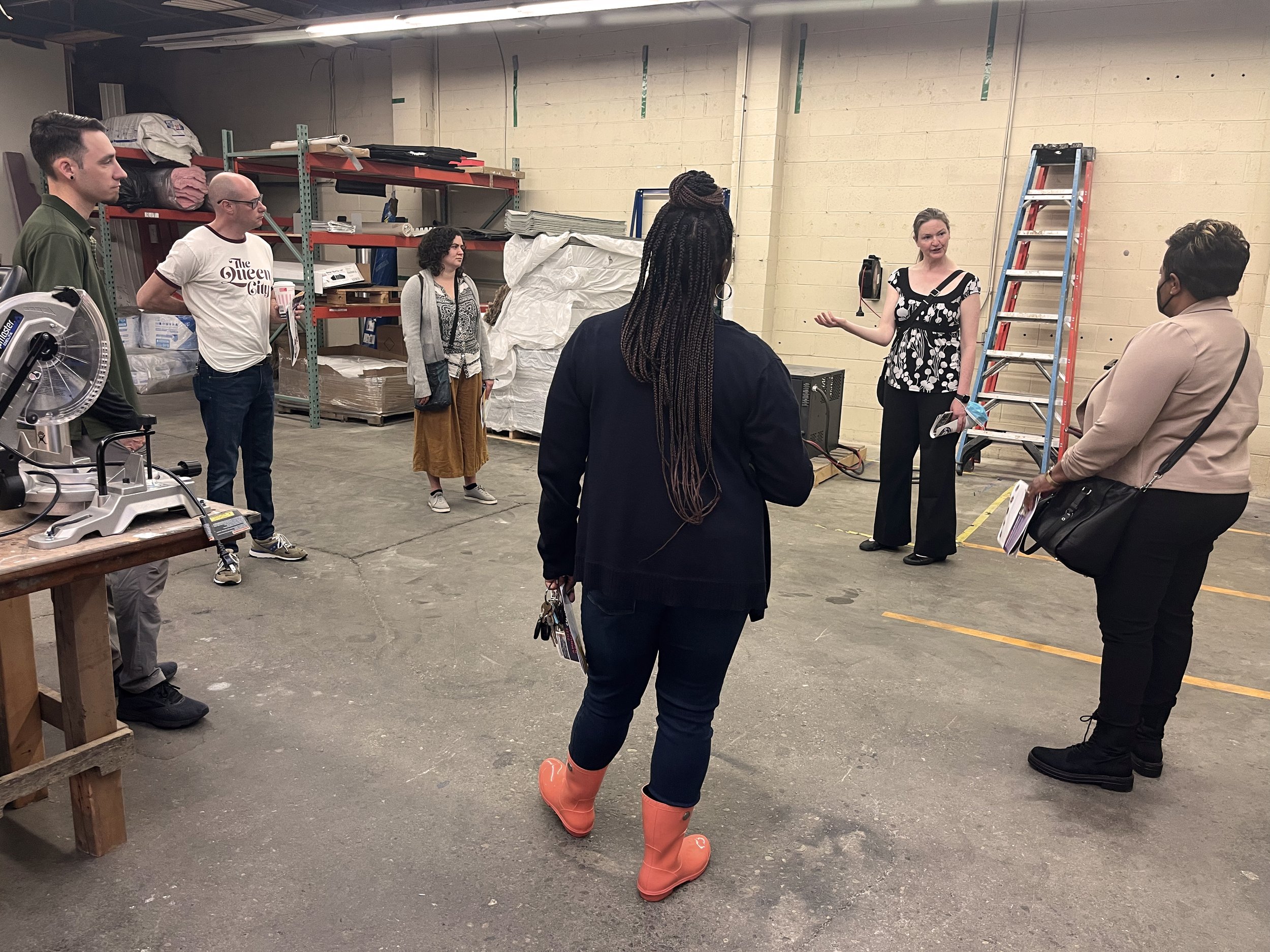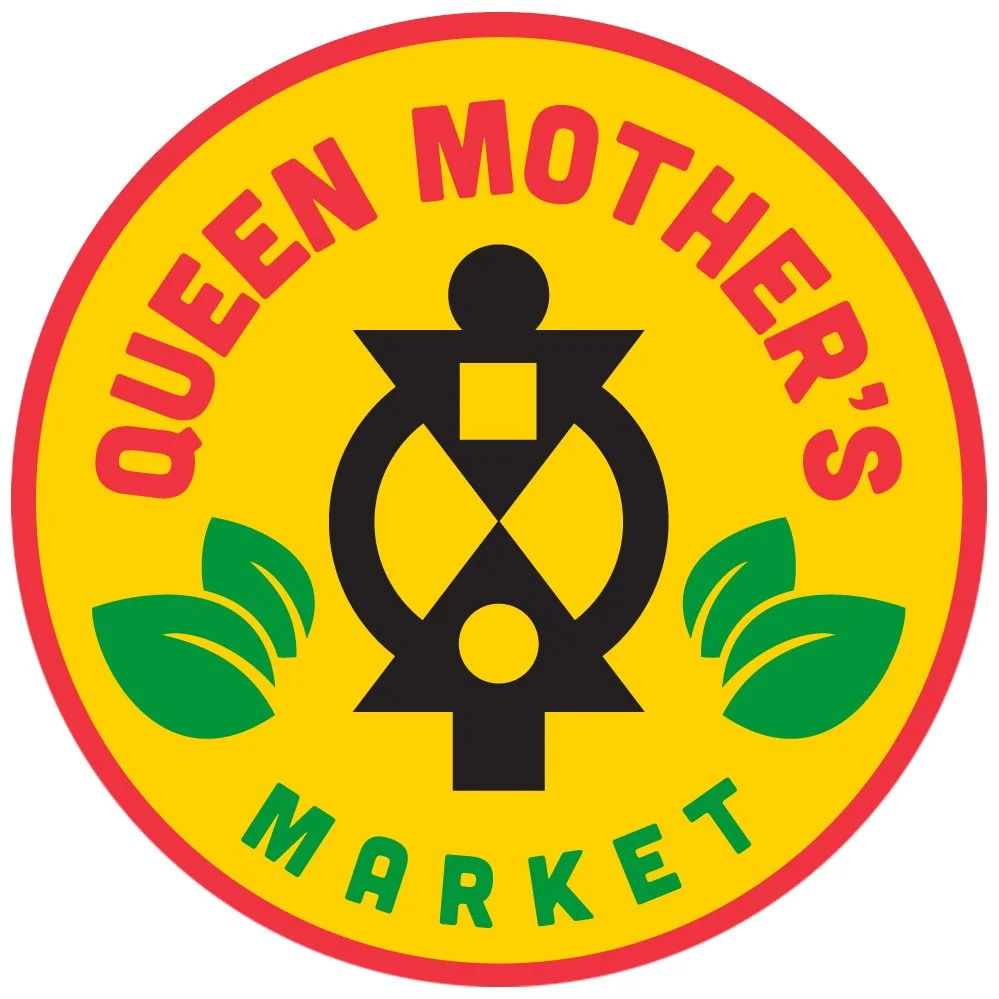Did you know that 66% of the individuals in our co-op network are women? So are 62% of our staff members, including both our co-directors. At Co-op Cincy, we strive to build an economy that’s equitable and inclusive – an economy that works for all.
As worker-owner Julia Marchese of Queen City Commons said in our 2022 blog post for Women's History Month, this month offers an opportunity for women in business to “be recognized and appreciated and just seen as legitimate actors in the field.”
Here are some local women-led co-ops in our network that you can support during and after Women's History Month:
Cincy Cleaning Co-op, a residential cleaning company
Queen City Commons, which offers composting services
A Touch of TLC Home Care, which provides in-home healthcare
Hopes Fulfilled Farm 2 Table, a food truck and catering service
Queen Mother's Market, a buyers club working toward opening a brick-and-mortar co-op grocery store
Shine Nurture Center, a nature-oriented childcare center
Long-Standing Supporter and Board Member Passes
With a heavy heart, we inform you that Don Barker, a long-standing Co-op Cincy supporter and the father of Co-Founder Kristen Barker, passed away on March 1.
Here's a message from Co-Founder Ellen Vera about Don's impact and life:
Don was an amazing individual. Not only did he raise a phenomenal daughter—our fearless, compassionate, and visionary Kristen—but he was intricately involved in the success of our co-op network. He served on the Board from our inception (2011) until he first became sick in 2019 as our Fundraising Chair and provided countless hours of mentorship, outreach, and financial support to our non-profit and several of our initial co-ops. In his roles with Co-op Cincy, Don was a steadfast supporter; a team player; a business-savvy mentor that provided clear, helpful advice (especially when we needed it most); and an eternal optimist though he never hesitated to point out hard truths. He will be sorely missed by all.
You can read Don's obituary in the Cincinnati Enquirer. A few lines from the obit: "He was inordinately kind and very funny. He was a man who never knew a stranger and could relate to anyone.... In lieu of flowers, he would be thrilled to have you contribute, in his memory, to Co-op Cincy, where he served on the fundraising committee."
Virtual Co-op Business Boot Camp Starts 3/21
Benefit From Mentorship and Training
Starting on 3/21, we're offering our Co-op U, a 14-week boot camp that helps teams develop and launch a worker-owned business!
Are you a team of 2 or more who are interested in starting a business? Apply now!
Know a team who might be interested? Forward this email!
Participants will develop a successful business plan of their own, benefit from hands-on training by professionals, and more!
We're offering Co-op U in partnership with Co-op Dayton and Cleveland Owns!
Cooperative Management Certificate Course Pushed Back to 3/15
Applications are still open for our Cooperative Management Certificate.
The 12-week, virtual course explores the power of cooperative structures to make our businesses profoundly accountable to workers, environments, and communities! It's offered in partnership with Xavier University.
Participants acquire a detailed understanding of how to structure and run businesses that implement cooperative and democratic organizational models, from worker cooperatives to companies with Employee Stock Ownership Plans (ESOPs).
Apply by 3/14!
1st Co-op Tour of 2023 is March 10
The free tours are part of our efforts to spread awareness about the co-op business model and how it’s taking off in Cincinnati.
Our first tour of the year is Friday March 10 from 10 am to noon. We'll meet at Sustainergy Cooperative and go from there!
We'll be offering tours monthly through October.
Black Co-op 101 Recording Available
A recording of our 1st-ever Black Co-op History 101 is now available on YouTube.
In the course, Cynthia Pinchback-Hines, our Racial Justice Educator & Co-op Developer, discussed the history of Black cooperativism.
Co-op Members Raising Money for Mondragon Trip
A group of 6 co-op business owners in our network is still raising money to tour the Mondragon Cooperative Corporation in Spain next month and learn from a proven economic model. Can you contribute or share?
Here's a video from Trisha Webster, worker-owner of Shine Nurture Center, explaining why she wants to visit Mondragon.
If you can support Trisha and the 5 other worker-owners, please do!
Movement
Seed Commons is hiring a Development Director
Yessica Holguin and Jason Wiener highlight lessons from Colorado's bold support for employee ownership in Nonprofit Quarterly
The Invest Appalachia Fund has launched with $19 million for community-first impact investment in central Appalachia
Registration is open for the 2023 National Conference on Black Cooperative Agenda
From Cleveland's The Land: “Evergreen Cooperative Laundry, an employee-owned company, is planning a $1 million, 6,500 square foot expansion of its Glenville laundry facility in order to serve growing demand for its commercial laundry services.”
In Medium, Ra Criscitiello, Deputy Director of Research at SEIU UHW, discusses how "cooperatives have the ability to strengthen unionized workplaces by furnishing additional tools for organizing and building power."
From Nonprofit Quarterly: “After seven years of kitchen-table and Zoom organizing, a multi-stakeholder, cooperative, community-owned grocery store is taking shape in Louisville, KY."
Events
Co-op Tour from 10 am-noon EST on Fri 3/10 in Cincinnati (starts at Sustainergy Cooperative)
Co-op Skill Building Workshop: Navigating Conflict from 10 am-noon EST on Sat 3/11 at Peaslee Neighborhood Center (215 E. 14th St. Cincinnati, OH 45202). Note: this event is open to the public.
Remaking the Economy: Caring for the Care Economy, a webinar from Nonprofit Quarterly, scheduled for 2-3 pm EST on Wed 3/15 and featuring Mary Wilder of Shine Nurture Center
1st Cooperative Management Certificate course from 6-730 pm EST on Wed 3/15 (virtual)
Taft Lecture Series with Bryan Stevenson from 1-2:30 pm EST at Christ Church Cathedral (318 E. 4th St. Cincinnati, OH 45202)
1st Co-op U course from 6-8 pm EST on Tue 3/21 (virtual)
Building Worker Power Conference from Fri 3/24-Sun 3/26 in Amherst, MA
Co-ops 101 from 6-730 pm EST on Thu 4/13 (virtual)
Co-op Tour from 1-3 pm EST on Fri 4/14 in Cincinnati (starts at Sustainergy Cooperative)
Ohio Employee Ownership Conference on Thu 4/20 in Akron, OH
Mondragon trip from 4/23-4/28 in Spain
